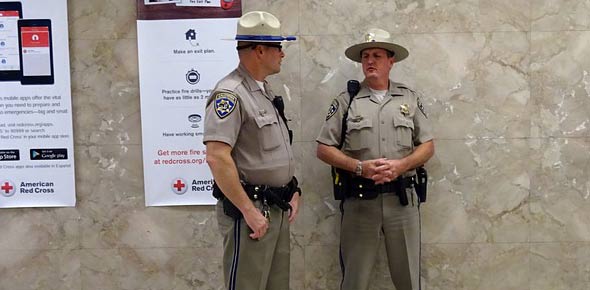Police Academy 2.3
10 Questions
| Attempts: 126
Submit
2.
What first name or nickname would you like us to use?
×
Thank you for your feedback!

















